Embracing a minimalist lifestyle can bring numerous benefits, including a clutter-free home and financial savings. In this article, we will discuss simple yet effective ways to declutter your life and prioritize quality over quantity, ultimately helping you save money in the long run. So let’s dive into Minimalism 101 and start simplifying your life.
Prioritize Quality Over Quantity
When it comes to integrating minimalism into your life, it’s crucial to prioritize quality over quantity. This principle applies to all aspects of your life, from material possessions to the way you spend your time. By focusing on fewer but more important things, you can cultivate a greater sense of purpose and fulfillment. Instead of being surrounded by an abundance of items that hold little value, you can choose to invest in and cherish a carefully curated selection of possessions that truly enhance your life. This shift in mindset can lead to a more intentional and meaningful existence, free from the burden of excessive and unnecessary clutter.
Embracing the philosophy of quality over quantity also extends to the relationships you cultivate, the activities you engage in, and the goals you set for yourself. By honing in on the essential and letting go of the superfluous, you can create a life that is rich in quality experiences and genuine connections. This deliberate approach can foster a greater appreciation for the simple yet significant moments in your life, ultimately leading to a more enriching and fulfilling existence.
As you navigate the journey of minimalism, keep in mind that it’s not about depriving yourself or living an austere lifestyle. Instead, it’s about consciously choosing to surround yourself with only the things that truly matter to you and bring value to your life. In doing so, you can reduce the impulse to accumulate more and instead derive greater satisfaction from the carefully selected items and experiences that align with your values and aspirations.
Sell Stuff Instead of Collecting
One of the most powerful ways to declutter your living space and make a positive impact on your financial well-being is to shift your mindset from collecting to selling. Instead of accumulating more and more items, many of which end up unused and forgotten, consider selling the things you no longer need or derive value from. This not only helps free up physical space in your home but also allows you to potentially earn some extra money. By selling these items, you are not only passing them on to someone who may have better use for them but also giving yourself the opportunity to financially benefit from the process.
Furthermore, the act of selling items can prompt a more mindful approach to consumption. Before making a purchase, you may find yourself considering not only the value the item brings to your life but also its potential resale value. This shift in perspective can help curb impulsive buying and encourage a more deliberate and thoughtful approach to acquiring new possessions. Additionally, the money you earn from selling your items can be repurposed to invest in experiences, savings, or to support causes that hold personal significance to you.
By engaging in the practice of selling instead of mindlessly collecting, you can foster a more conscious and intentional relationship with your possessions, all while creating a more spacious and organized living environment for yourself.
Only Buy Things that Bring You Joy or Have a Purpose
Adopting a mindset of mindful and purposeful consumption is a cornerstone of the minimalist lifestyle. Before making a purchase, take a moment to question whether the item truly brings you joy or serves a practical purpose in your life. By doing so, you can avoid the trap of accumulating unnecessary possessions that ultimately contribute to clutter and excess. This practice is not about depriving yourself of things you desire, but rather about making well-considered choices that align with your values and enhance your life in a meaningful way.
When you shift your focus to buying only the things that truly add value to your life, you become more discerning and intentional in your consumer habits. This heightened sense of awareness can lead to a greater appreciation for the items you do choose to bring into your life, as each one has been consciously evaluated and deemed worthy of a place in your space. Moreover, by being selective in your purchases, you can free up financial resources that may have otherwise been allocated to items that hold little long-term significance, allowing you to allocate your money towards experiences and investments that align more closely with your priorities and goals.
Furthermore, by being more intentional with your purchases and avoiding unnecessary spending, you can play a part in reducing the demand for excessive production and the environmental impact that accompanies it. In essence, the practice of buying only what brings you joy or serves a purpose extends beyond personal fulfillment to encompass a more sustainable and mindful approach to consumption.
Spend on Experiences, Not Material Goods
As a proponent of minimalism, it’s important to recognize the enduring value of experiences over material possessions. While material goods may provide temporary gratification, it is often the experiences we have and the memories we create that truly enrich our lives in a lasting and meaningful way. Instead of channeling a significant portion of your resources towards acquiring more things, consider reallocating your time and money to invest in experiences that bring joy, personal growth, and fulfillment.
Whether it’s traveling to new destinations, participating in enriching activities, or simply spending quality time with loved ones, prioritizing experiences can lead to a more fulfilling and balanced life. The memories and lessons derived from these experiences are not only enduring but also contribute to personal growth and a deeper sense of well-being. By consciously choosing to spend on experiences that align with your values and bring you joy, you can cultivate a life that is abundant in rich and meaningful moments, while simultaneously reducing the emphasis on the accumulation of material possessions.
Embracing a mindset that favors experiences over material goods also promotes a sense of liberation from the constant desire for more things. Instead of being tethered to an ever-growing collection of possessions, you can find greater freedom and flexibility in pursuing experiences that resonate with your passions and aspirations. In essence, by directing your resources towards experiences, you can build a life that is defined by purpose, growth, and a wealth of cherished memories.
Focus on Your Health and Well-Being
Amidst the pursuit of minimalism, it’s essential to place a strong emphasis on your health and well-being. This involves not only decluttering your physical space but also decluttering your mind and prioritizing self-care. By taking deliberate steps to create a supportive and nourishing environment, you can enhance your overall quality of life and cultivate a greater sense of balance and tranquility.
Part of fostering a minimalist mindset in relation to your well-being involves being mindful of the activities you engage in and the commitments you undertake. By simplifying your schedule and making time for rest, relaxation, and activities that promote your physical and mental health, you can mitigate the negative impact of stress and overwhelm. This may involve incorporating practices such as meditation, regular exercise, and adequate sleep into your daily routine, as well as cultivating positive and nourishing relationships with those around you.
In addition to tending to your mental and emotional well-being, it’s also important to consider the impact of your physical environment on your health. A decluttered and organized home can contribute to a greater sense of ease and harmony, while also reducing potential sources of stress and anxiety. Furthermore, by being mindful of the products you bring into your home and the way you nourish your body, you can further align your living space with principles of health and well-being.
Start Small When Decluttering
When it comes to decluttering your home and simplifying your life, it’s often beneficial to start with small and manageable steps. The prospect of tackling an entire living space all at once can be daunting, and may even deter you from beginning the decluttering process. Instead, consider breaking the task down into smaller, more achievable goals. This could involve decluttering a single room, a specific area such as a closet or a set of drawers, or even just a particular category of items, such as clothing or books.
By initiating the decluttering process with these smaller tasks, you can build momentum and gradually acclimate yourself to the practice of letting go of unneeded or excess possessions. This incremental approach also allows you to experience a sense of accomplishment and visual progress at each stage, which can be highly motivating and reinforce the habit of decluttering. Additionally, starting small can help you develop and refine your decision-making skills in relation to your possessions, making it easier to navigate the process as you move on to larger and more comprehensive decluttering endeavors.
Furthermore, commencing with smaller decluttering projects provides an opportunity to experiment with and establish effective organizational systems and storage solutions. By finding and implementing methods that work well for you in these smaller-scale settings, you can set the stage for successfully maintaining a clutter-free and well-organized home in the long run.
Make Decluttering a Daily Habit
In order to maintain a sense of order and organization in your home, it can be immensely beneficial to make decluttering a part of your daily routine. By incorporating this practice into your regular schedule, you can prevent the accumulation of excess clutter and uphold a consistently tidy and harmonious living environment. Consider setting aside a small portion of time each day to address specific decluttering tasks, whether it’s tidying up communal areas, sorting through incoming mail, or returning items to their designated storage spaces.
Consistent and incremental efforts towards decluttering can yield significant long-term results, as the daily commitment to managing your possessions prevents the reemergence of overwhelming clutter and reduces the need for more arduous and time-consuming decluttering endeavors in the future. Moreover, by integrating decluttering into your daily routine, you can cultivate a more mindful and conscious relationship with your belongings, creating a heightened sense of awareness and intentionality in the way you interact with and maintain your living space.
By making decluttering a daily habit, you establish a proactive approach to managing the items in your home, leading to a more serene and organized living environment that supports your overall well-being and peace of mind.
Determine Necessities and Get Rid of Excess
During the process of decluttering, it’s important to take a discerning look at your possessions and distinguish between the items that are genuine necessities and those that constitute excess. This involves engaging in a candid and thorough assessment of the items you own, considering factors such as their practical utility, the degree of value they contribute to your life, and the frequency with which you use or derive benefit from them. By undertaking this evaluation, you can identify and set aside the possessions that hold true importance and actively contribute to your daily life, while simultaneously recognizing and releasing those that are superfluous or extraneous.
In addressing excess possessions, it’s essential to be honest with yourself about the true necessity or utility of each item, and to divest yourself of the attachment or perceived obligation to hold on to things that no longer serve a meaningful purpose in your life. This process of discernment and letting go is fundamental to the practice of decluttering and embracing minimalism, as it allows you to free up physical, mental, and emotional space for the things that truly matter and align with your present values and aspirations.
Furthermore, by consciously determining and abiding by the necessities in your life, you can streamline your living environment and create a more functional and purposeful space that is conducive to clarity, focus, and a greater sense of contentment. This practice of decluttering and letting go of excess possessions is not merely a one-time endeavor, but an ongoing and iterative process that can be deeply transformative and enriching as you continue to align your surroundings with the things that hold genuine value and significance for you.
Reduce Technology and Digital Clutter
In the digital age, the concept of decluttering extends beyond physical possessions to encompass the realm of technology and digital content. The incessant inundation of digital stimuli and the pervasive presence of technology in our daily lives can contribute to a substantial and often overlooked form of clutter. As such, it is essential to be mindful of your technology usage and to actively reduce digital clutter in order to foster a more serene and focused living environment.
Start by evaluating the digital content and technological devices in your life, and consider the ways in which they either contribute to or detract from your overall well-being and productivity. This may involve unsubscribing from unnecessary email lists, organizing and deleting digital files and applications that no longer serve a purpose, and establishing boundaries for the use of technology in your daily routine. By consciously reducing the digital noise and streamlining your digital presence, you can create a more intentional and purposeful relationship with technology, and mitigate the potential sources of stress and distraction that accompany excessive digital clutter.
Furthermore, by taking deliberate steps to limit your technology usage, you can allocate more time and attention to the experiences and activities that hold genuine value and significance in your life. This may involve establishing designated technology-free zones in your home, such as the bedroom or dining area, or setting aside specific periods of time for digital detox and unplugging from the virtual sphere. By doing so, you can cultivate a more mindful and balanced approach to technology, and create a living environment that is conducive to greater presence, focus, and overall well-being.
Conclusion
In conclusion, embracing a minimalist lifestyle can not only help declutter your physical space but also save money in the long run. Prioritizing quality over quantity, selling unwanted items, and investing in experiences rather than material possessions are just some of the ways to simplify your life and be more mindful of your spending habits. By making decluttering a daily habit and reducing excessive technology usage, you can create a peaceful and stress-free environment for yourself. Start small and remember to regularly evaluate if your purchases bring joy or have a purpose. Adopting these simple yet effective strategies can help you achieve a more fulfilling and intentional way of living.
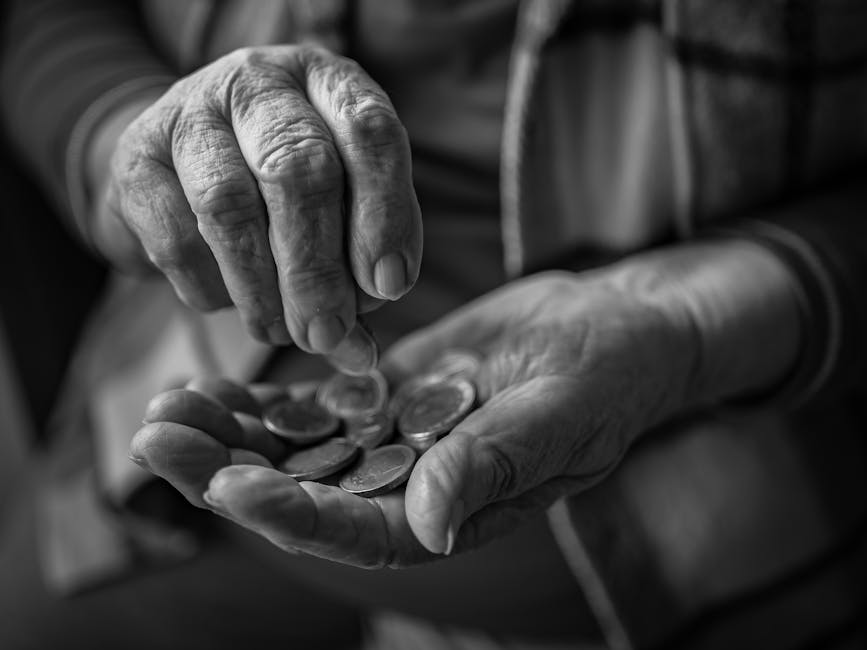
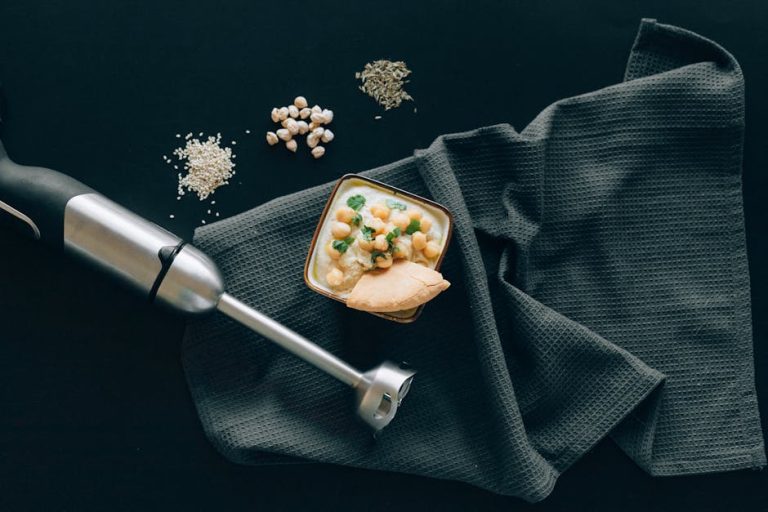
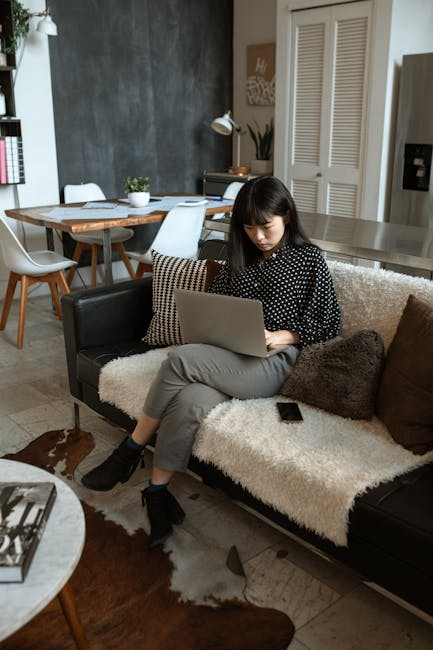
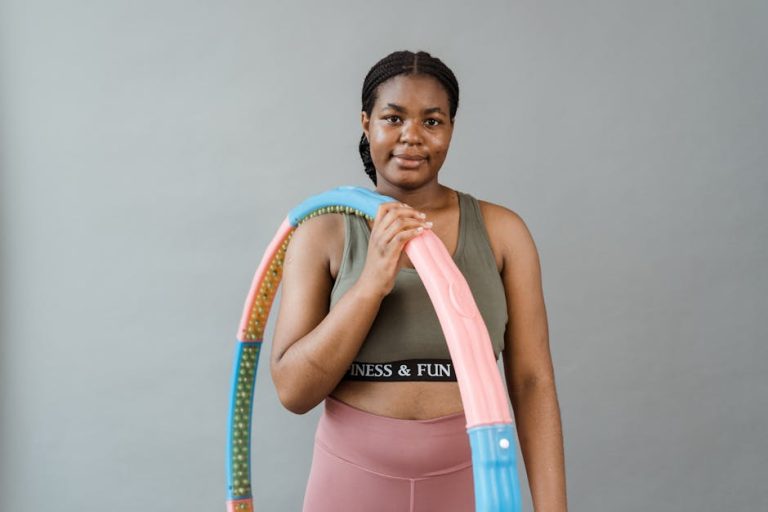
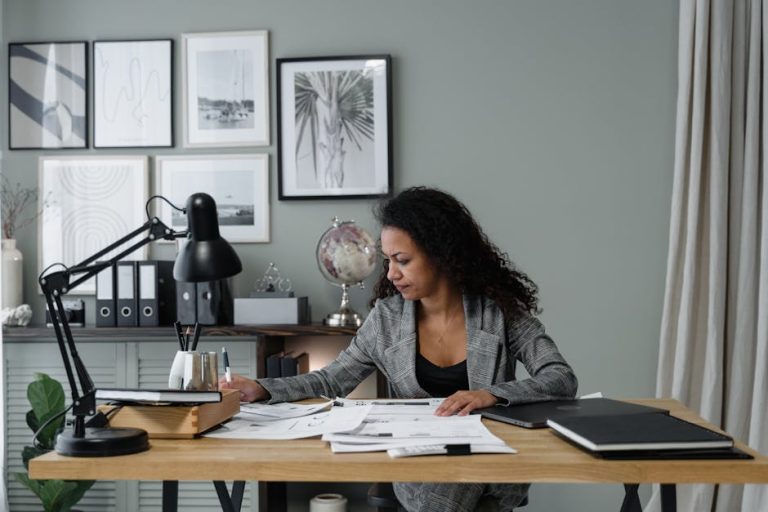
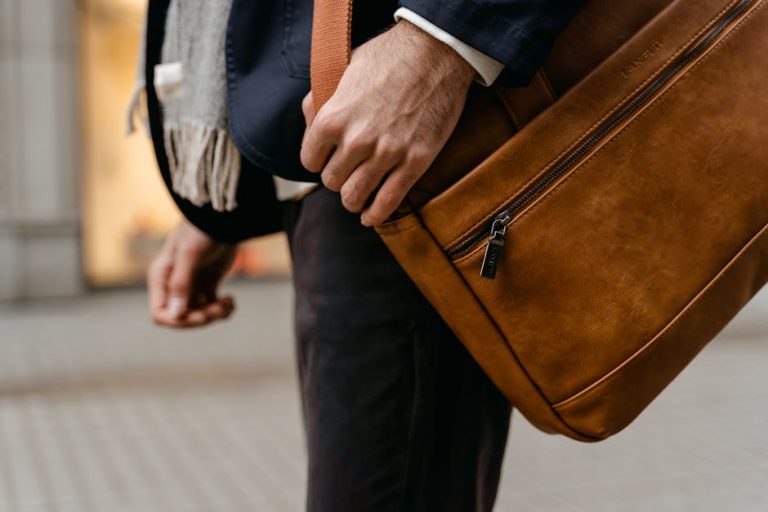



Have you ever thought about what really adds value to your life before buying? It’s such a game changer! When we pause and reflect, we keep our spaces clutter-free and focus on what truly matters. Plus, it’s awesome to see how being selective not only helps us appreciate what we own but also frees up cash for experiences that create lasting memories. And let’s be real, those moments are what we cherish most, right? Embracing minimalism has even helped me find peace. a tidy space really does clear the mind. Starting small, like tackling my closet, has made such a difference. What’s the first area you’d want to declutter?
I really believe that embracing minimalism is all about focusing on what truly matters to you. Plus, decluttering digitally can clear your mind and enhance your focus. Experiences over stuff, right?